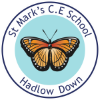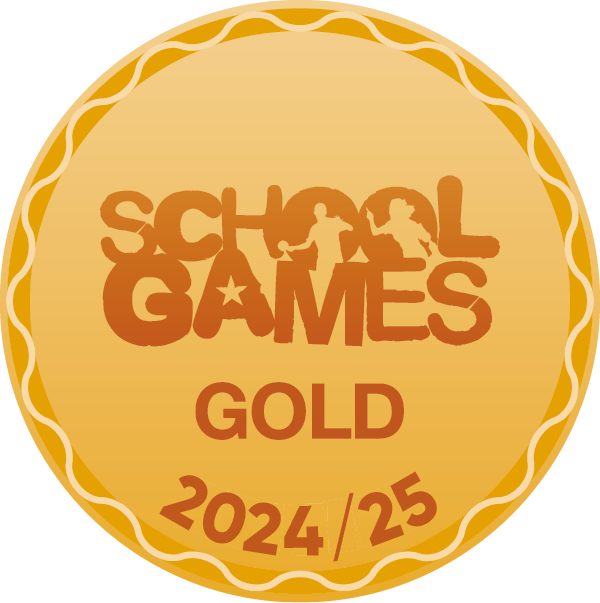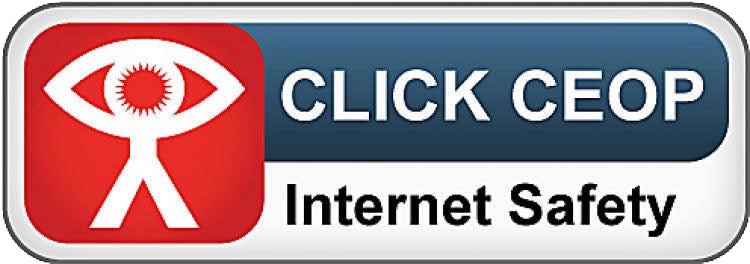History
Curriculum Statement
Intent
At St. Mark’s CE School, our history curriculum is designed to spark curiosity, develop critical thinking and develop a deep understanding of past events and their influence on our world today. We aim to provide pupils with a rich understanding of history, enabling them to make connections between the past and the present and to appreciate diverse perspectives and contributions across time. Our teaching approach in history is rooted in the following principles:
Cultivating Curiosity and Critical Thinking
Through engaging lessons, we inspire pupils to ask questions, seek answers, and think critically about historical events and figures. We encourage them to develop an understanding of how historical sources and evidence are used to interpret the past.
Building Historical Knowledge and Skills Progressively
From EYFS through to Key Stage 2, our curriculum is designed to develop historical knowledge and chronological understanding. Lessons are sequenced to help pupils build upon prior knowledge, understand key events, and recognize significant changes over time.
Encouraging a Sense of Identity and Cultural Awareness
By studying diverse cultures, events, and significant individuals from local, national, and global contexts, we foster pupils’ appreciation for different perspectives and historical influences, helping them develop a sense of identity and respect for others.
Promoting Historical Inquiry and Interpretation
Pupils are encouraged to become “history detectives,” exploring primary and secondary sources and evaluating evidence. This approach helps them understand how interpretations of history are shaped and allows them to form and articulate their own interpretations.
Embedding Values of Respect and Responsibility
In alignment with the values of St. Mark's, our history curriculum promotes respect for all cultures and an understanding of how historical events have shaped our communities. We aim to develop responsible citizens who recognize the impact of history on current issues.
Making History Relevant and Accessible for All
History is made meaningful by connecting lessons to pupils’ own lives, communities, and environments. Through trips, role-play, and interactive activities, we provide hands-on experiences that bring history to life for every pupil, ensuring it is accessible and engaging for all abilities.
This intent supports our goal of developing pupils who are knowledgeable, reflective, and respectful of history’s role in shaping our world. Our history curriculum at St. Mark's equips students with the skills to explore, interpret, and appreciate the past, preparing them for informed and active citizenship in the future.
Implementation
To bring our intent for history to life, we provide pupils with immersive, age-appropriate, and interactive experiences that foster historical knowledge, skills, and understanding. Our approach ensures that pupils’ understanding of history is developed progressively and meaningfully across EYFS, Key Stage 1 and Key Stage 2.
Early Years Foundation Stage (EYFS)
In EYFS, history is integrated into the Understanding the World area of learning, laying the groundwork for historical awareness by exploring pupils' personal history and immediate environments.
Exploration of Time and Change:
Pupils are introduced to the concept of time through topics such as family history and changes in seasons. Activities include discussing past events in their lives, family members, and celebrations.
Hands-On Learning Experiences:
Pupils engage in storytelling, role-play, and simple sequencing activities, like timelines of their day, which introduce the concepts of “before,” “now,” and “next.”
Use of Visual and Sensory Resources:
Picture books, photographs, and objects from different time periods (such as toys or clothes) are used to stimulate curiosity and build vocabulary around past and present.
Key Stage 1 (Years 1–2)
In Key Stage 1, pupils begin to explore significant people, events, and places from the past, developing foundational historical skills through stories, primary sources, and visual materials.
Introduction to Chronology and Key Concepts:
Pupils learn to place events in a simple chronological framework, understanding terms like “past,” “present,” “old” and “new.” Key historical figures and events, such as the Great Fire of London, are introduced to build cultural awareness and national heritage.
Engagement with Primary Sources and Artefacts:
Pupils investigate artefacts, photographs, and simple primary sources. This helps develop observation skills and introduces them to interpreting evidence in history.
Cross-Curricular Projects and Local History:
History topics are linked to other subjects, such as art and geography, for a multidisciplinary approach. Projects on local history enable pupils to connect with their community and understand changes over time.
Role-Play and Storytelling:
Role-playing famous historical figures or events allows pupils to immerse themselves in history. Storytelling is used to build empathy and deepen understanding of significant historical events and figures.
Key Stage 2 (Years 3–6)
In Key Stage 2, pupils deepen their understanding of historical periods, develop analytical skills, and learn to draw connections between different times and cultures.
Structured Chronology and Thematic Study:
Pupils explore British and world history in a structured timeline, covering themes such as ancient civilizations, the Romans, Anglo-Saxons, Vikings, and the Second World War. This systematic approach helps them understand the progression of history and identify cause-and-effect relationships.
Use of Primary and Secondary Sources:
Pupils engage in more complex historical inquiries, analysing primary and secondary sources to develop their skills in historical interpretation and evidence evaluation. This includes examining artefacts, documents, maps and eyewitness accounts.
Critical Thinking and Interpretation:
Pupils are encouraged to question, debate, and form their own interpretations of historical events. They learn to recognize differing perspectives, fostering respect for diversity and a critical understanding of historical narratives.
Hands-On and Experiential Learning:
Off-site visits, museum visits, and historical re-enactments provide pupils with first-hand experiences. Activities like building timelines, creating maps, and participating in role-play deepen their engagement and understanding.
Research and Presentation Skills:
Pupils undertake independent research projects, encouraging them to take ownership of their learning. They learn to present their findings through oral presentations, written reports, and digital media, building communication and analytical skills.
Impact
Progression Documents
history progression kl 2024 2026.pdf

 St Mark's
St Mark's

